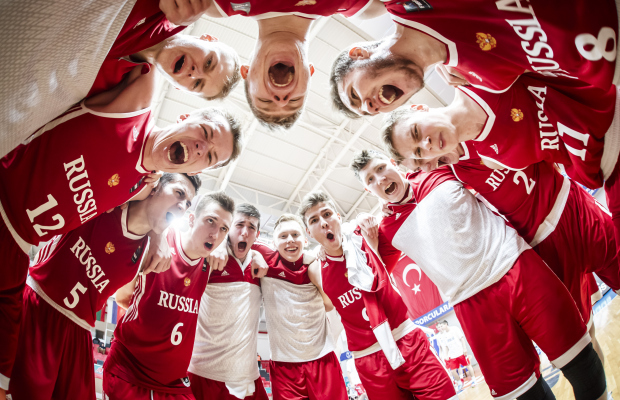En décidant de travailler avec un agent, vous prenez une décision cruciale, car vous demandez à quelqu'un d’autre d’agir en votre nom.
Assurez-vous que votre agent possède (a) une certification d’Agent de la FIBA l'autorisant à travailler à l’échelon international ; (b) une connaissance solide du basket et du marché professionnel ; et (c) une réputation d'honnêteté, de fiabilité et de professionnalisme.
Envisagez d’utiliser plusieurs représentants différents (agent, conseiller financier, avocat) pour les différents domaines de vos affaires personnelles et professionnelles.
Ne signez aucun document avant de l'avoir lu et compris dans sa totalité.
Rappelez-vous que la réputation que vous bâtissez au début de votre carrière influencera votre valeur sur le marché lorsque vous évoluerez à un plus haut niveau.
Tissez de bonnes relations avec vos sponsors pour accroître les chances qu'ils renouvellent votre contrat.
Assurez-vous d’avoir quelques notions de finance, afin de pouvoir évaluer la qualité des offres qui vous sont proposées par des conseillers vous offrant leurs services.
